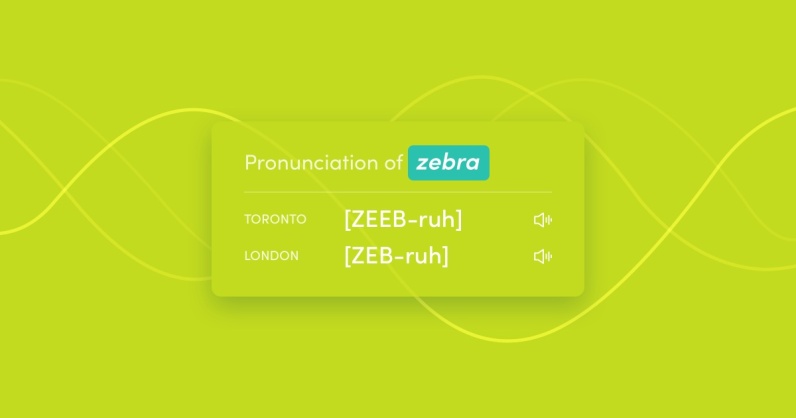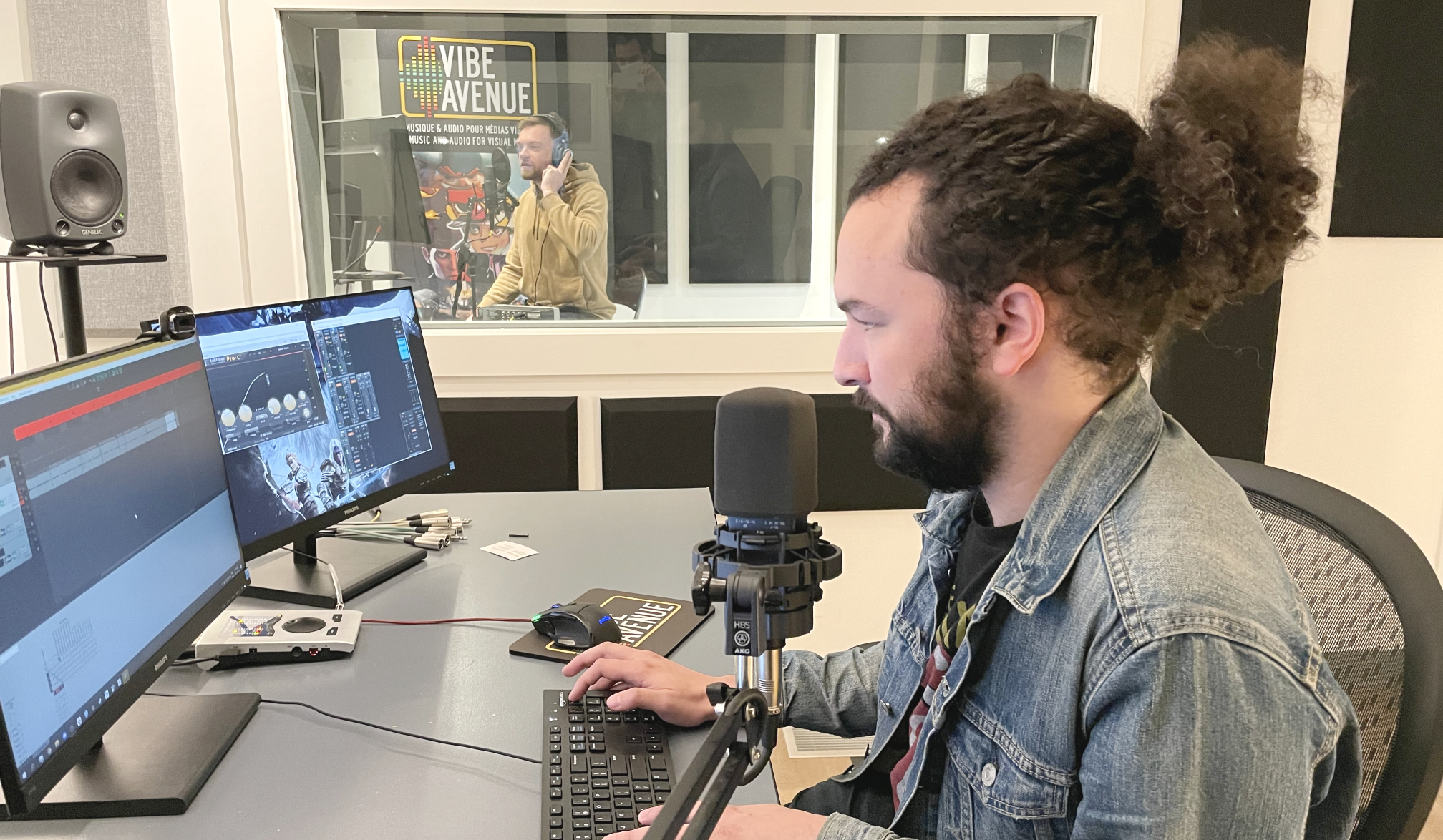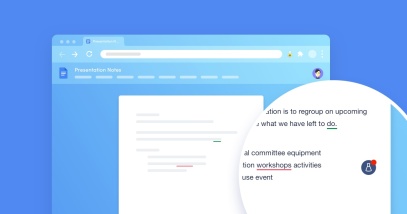Audio Pronunciation and Phonetic Transcriptions

A bunch of gibberish in brackets for many, a code to decipher for others, phonetic transcriptions now come with a tool that makes them universally intelligible in one click: audio pronunciation. Thanks to Antidote’s many resources, a word’s pronunciation will no longer be a mystery, either on the page or out loud, with the help of voices from each side of the Atlantic and two choices for phonetic alphabets.
Audio Pronunciation
Exclusively for Antidote+ subscribers, dictionary entries come to life with voices from Toronto and London, and, if your Antidote also handles French, Montréal and Paris. Just click on the speaker () icon to hear the pronunciation of a word.
Our lexicographer Ophélie Gauthier-Barrette presents (English subtitles available) this feature:
In the dictionary of definitions, you will find a pronunciation for all inflections of a word, including regional variants. This feature is handy for words of foreign origin. It is also particularly useful for anyone learning English or for those who speak English as a second language.
You will also find specific audio pronunciations in the dictionary of rhymes. By clicking on the phonetic transcription of a result, you will first hear the pronunciation of the featured word followed by the rhyme, to get a clear picture of the effect that the two produce together (e.g., recite ,write).
The Technology Behind the Voice
Speech synthesis has been part of our lives for a long time—think of GPS, for example. But Antidote’s audio pronunciation relies on our own technology, based on the precise and thorough work of our linguistic team. No sound quirks in our dictionaries!
We made recordings with professional actors and actresses, representing the accents of Paris, Montréal, Toronto and London. Then, we used deep learning to reproduce their diction and generate all the pronunciations, for a total of 500,000 forms in English and 600,000 in French. Thanks to our technology, we can add thousands of new words to the dictionaries and get their pronunciation right every time with the same four voices.

Montréal voice recording session.
Pronunciation According to Regional Variety
The regional variety you have indicated as your own in Antidote influences audio pronunciation and phonetic transcription. We’re not talking about a regional accent here—although the exercise would be fun!—but rather large linguistic regions: Canada, United Kingdom, United States.
To check or change your variety, go to the User panel of the language settings in Antidote. For North America, Antidote displays the transcription of the word in Toronto English, and in London English for the other regions. Your regional variety also determines the default voice offered for audio pronunciations.
Phonetic Transcriptions in IPA and Phonetic Respelling
If you do not have access to audio pronunciations, exclusive to Antidote+, you can always rely on phonetic transcriptions. Antidote’s dictionaries use two phonetic transcriptions: IPA, more universal but more complex, and phonetic respelling, which is easier to read.
What is IPA?
IPA stands for International Phonetic Alphabet. As its name suggests, it associates a unique sign with each of the sounds of all languages. This is the most commonly used system, but it has some drawbacks.
For example, due to its international nature, the signs for certain sounds are not always intuitive in English, such as [ʒ], [ʃ] or [ʌ]. Also, the character set is not standard. It is for these and other reasons that we continue to develop other systems, such as the phonetic respelling.
What is Phonetic Respelling?
The Phonetic Respelling, like the International Phonetic Alphabet (IPA), indicates the pronunciation of words. The phonetic respelling in the Antidote dictionary aims to provide a pronunciation that is immediately clear, and leads to the correct pronunciation without instruction.
For that reason, phonetic respelling uses only characters that are familiar, in combinations that are familiar.
Unlike in IPA, in phonetic respelling one symbol is not necessarily equal to one sound. For example, the vowel in size is written with an i, as in (SIZE), and the vowel in sis is also written with an i, (SIS).
IPA to phonetic respelling equivalents
Here are some signs in IPA and their equivalent in phonetic respelling. You will find the complete list of phonemes in the article “Full Pronunciation Key” of the Antidote phonetics guide. Let’s go back to the three symbols mentioned above in IPA, which already seem less esoteric in phonetic respelling.
| IPA | Respelling | Examples |
|---|---|---|
| [ʒ] | [zh] | measure, vision, rouge |
| [ʃ] | [sh] | shoe, shock, usher |
| [ʌ]] | [uh] | cup, munching, plum |
We hope this article was as enjoyable to read as it was to hear, even if it was only in your head.
[GUUD BIGH]!




